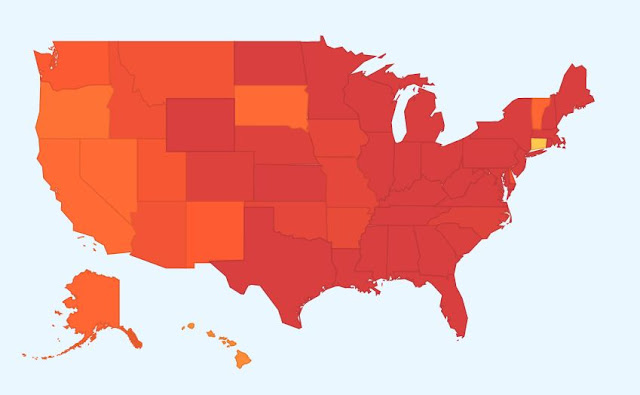The Claim: We Overeat Because Our Diet is Low in Vitamins and Minerals
We know that animals, including humans, seek certain properties of food. Humans are naturally attracted to food that's high in fat, sugar, starch, and protein, and tend to be less enthusiastic about low-calorie foods that don't have these properties, like vegetables (1). Think cookies vs. plain carrots.
In certain cases, the human body is able to detect a nutritional need and take steps to correct it. For example, people who are placed on a calorie-restricted diet become hungry and are motivated to make up for the calorie shortfall (2, 3). People who are placed on a low-protein diet crave protein and eat more of it after the restriction is lifted (4). Humans and many other animals also crave and seek salt, which supplies the essential minerals sodium and chlorine, although today most of us eat much more of it than we need to. At certain times, we may crave something sweet or acidic, and pregnant women are well known to have specific food cravings and aversions, although explanations for this remain speculative. Research suggests that certain animals have the ability to correct mineral deficiencies by selecting foods rich in the missing mineral (5).
These observations have led to a long-standing idea that the human body is able to detect vitamin and mineral (micronutrient) status and take steps to correct a deficit. This has led to the secondary idea that nutrient-poor food leads to overeating, as the body attempts to make up for low nutrient density by eating more food. In other words, we overeat because our food doesn't supply the micronutrients our bodies need, and eating a micronutrient-rich diet corrects this and allows us to eat less and lose body fat. These ideas are very intuitive, but intuition doesn't always get you very far in biology. Let's see how they hold up to scrutiny.
Read more »
Read More
We know that animals, including humans, seek certain properties of food. Humans are naturally attracted to food that's high in fat, sugar, starch, and protein, and tend to be less enthusiastic about low-calorie foods that don't have these properties, like vegetables (1). Think cookies vs. plain carrots.
In certain cases, the human body is able to detect a nutritional need and take steps to correct it. For example, people who are placed on a calorie-restricted diet become hungry and are motivated to make up for the calorie shortfall (2, 3). People who are placed on a low-protein diet crave protein and eat more of it after the restriction is lifted (4). Humans and many other animals also crave and seek salt, which supplies the essential minerals sodium and chlorine, although today most of us eat much more of it than we need to. At certain times, we may crave something sweet or acidic, and pregnant women are well known to have specific food cravings and aversions, although explanations for this remain speculative. Research suggests that certain animals have the ability to correct mineral deficiencies by selecting foods rich in the missing mineral (5).
These observations have led to a long-standing idea that the human body is able to detect vitamin and mineral (micronutrient) status and take steps to correct a deficit. This has led to the secondary idea that nutrient-poor food leads to overeating, as the body attempts to make up for low nutrient density by eating more food. In other words, we overeat because our food doesn't supply the micronutrients our bodies need, and eating a micronutrient-rich diet corrects this and allows us to eat less and lose body fat. These ideas are very intuitive, but intuition doesn't always get you very far in biology. Let's see how they hold up to scrutiny.
Read more »





.JPG)


























